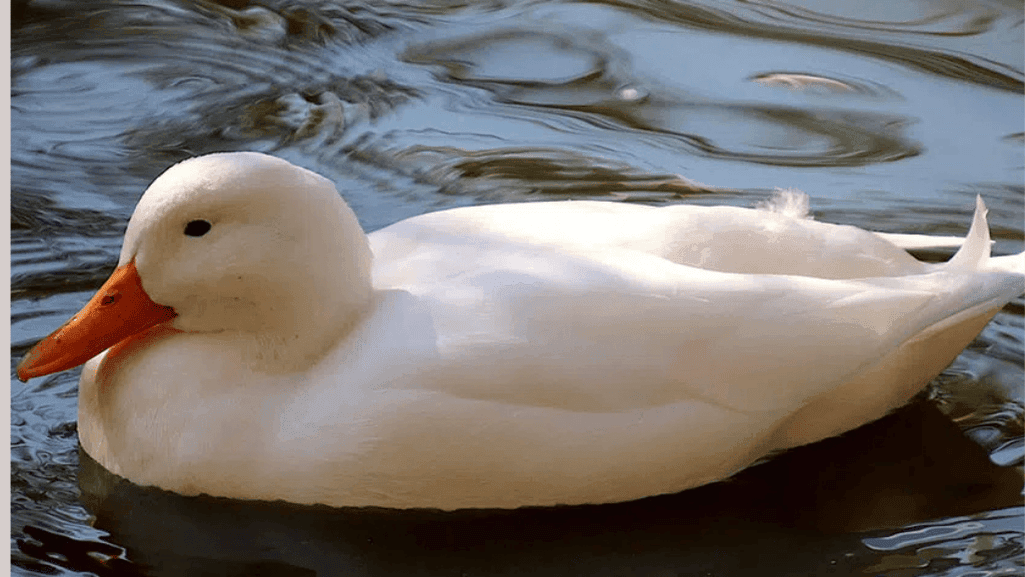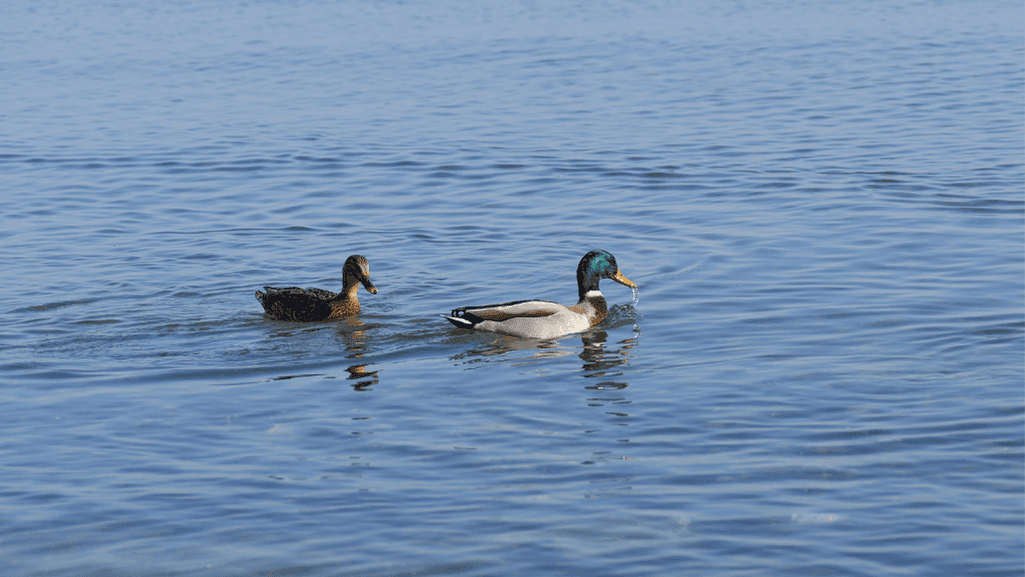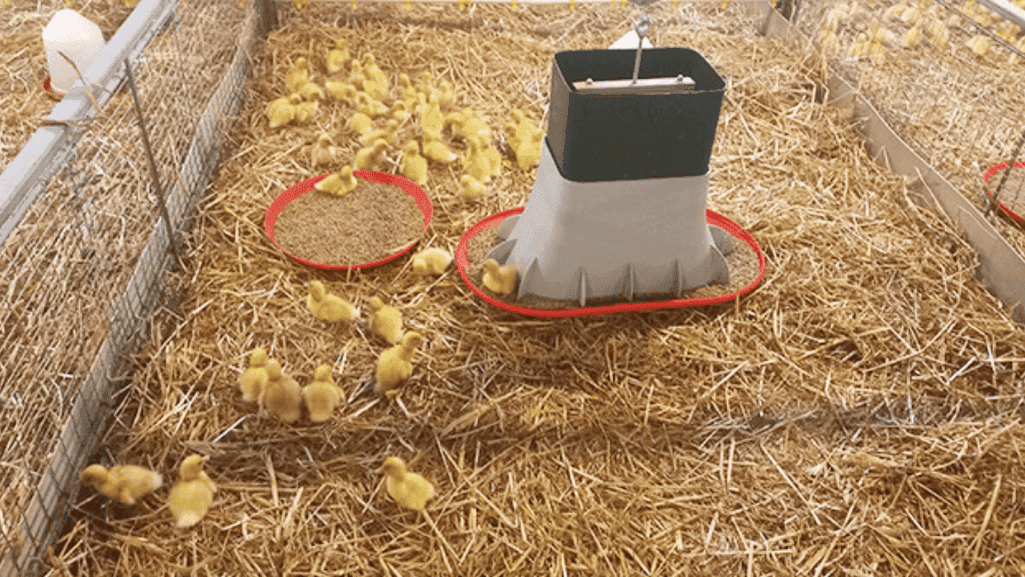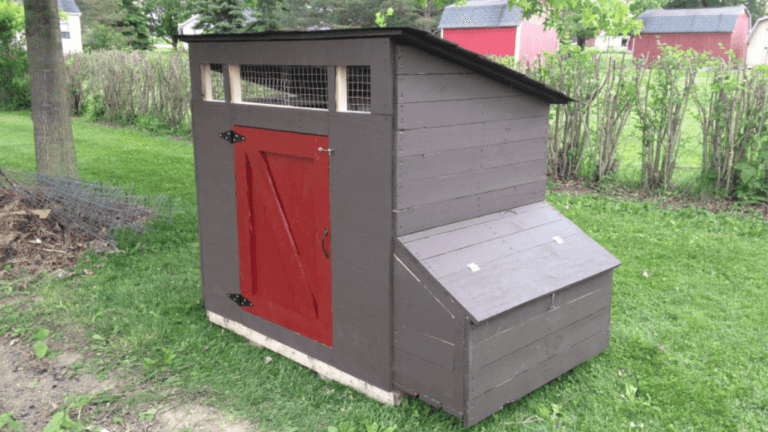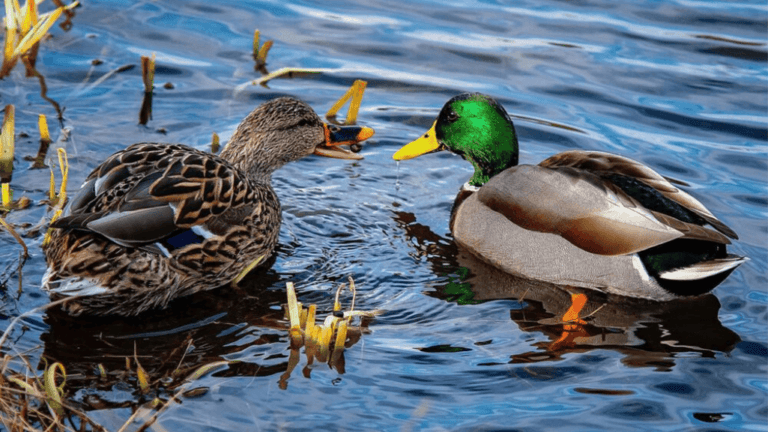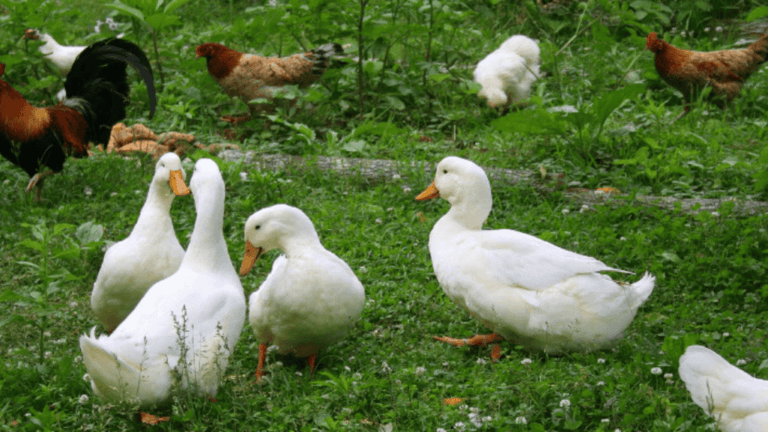Ducks are tough birds that live in many places around the world. Knowing how long ducks live is important for anyone who loves these birds. This includes bird fans, duck owners, and those just curious about their long life.
The lifespan of ducks can change a lot. It depends on the type of duck, where they live, and if they are in the wild or with people.
In the wild, ducks usually live 5 to 10 years. But, domestic ducks can live up to 20 years or more. This is because they get better care, food, and a safe place to live. Wild ducks face dangers like predators and sickness, while domestic ducks are safer.
Learning about duck life cycles and how long they live is key for duck lovers. By looking into how long ducks live, we can help them better. We’ll talk more about the lives of both wild and domestic ducks. We’ll see what affects their lifespan and how they compare to other birds.
Key Takeaways
- Wild ducks typically live 5-10 years, while domestic ducks can reach 20+ years with proper care.
- Survival rates for wild ducklings range from 10% to 70%, with many perishing in the first year.
- Predation, disease, and environmental challenges significantly impact wild duck lifespans.
- Domestic ducks benefit from protection, nutrition, and veterinary care, extending their longevity.
- Understanding duck biology and lifespan is key for their well-being and conservation efforts.
Lifespan of Domestic Ducks
Domestic duck breeds like Pekins, Rouens, and Cayugas live longer than wild ducks. With good care, a safe place, and health checks, they can live up to 20 years or more. The oldest pet duck, recorded by the Guinness Book of World Records, lived an amazing 49 years.
Factors Impacting Lifespan
Several key factors help domestic ducks live longer:
- High-quality, well-balanced diet formulated for waterfowl
- Protection from predators and harsh elements
- Clean living space to prevent disease and parasites
- Access to swimming water for hygiene and parasite control
- Veterinary care and a first-aid kit for treating injuries and illnesses
Keeping ducks happy and healthy also involves a comfy environment, fun activities, and friends.
Common Breeds and Their Lifespan
Different domestic duck breeds live longer or shorter lives. Pekin ducks, known for their fast growth and white feathers, usually live 5-10 years. Some can live up to 20 years with the right care. Muscovy ducks, a unique species, can live up to 20 years at home, compared to 8-12 years in the wild.
Health Considerations for Domestic Ducks
To keep domestic ducks healthy and long-lived, their well-being is key. This means a balanced diet, natural foraging, and enough vitamin D. They also need a clean living space and regular health checks.
Swimming in a pond or pool is also important. It keeps them clean and controls parasites. This helps them stay healthy and happy.
Wild Duck Lifespan
In the wild, ducks’ lifespans vary by species and habitat challenges. On average, they live 5 to 10 years. Some, like the mallard, can live up to 10 years. Others, like the Wood Duck, live about 4 to 6 years.
Species Variation in Lifespan
Different duck species live longer or shorter lives based on their habitats. For example, wild muscovy ducks can live 8-12 years. The oldest mallards lived 29 and 27 years in the wild. But, most wild ducks don’t live past 10 years.
Environmental Influences
Wild ducks face many environmental challenges. These include habitat loss, food scarcity, and extreme weather. Cold snaps and hail storms can kill many mallards. Diseases like avian cholera and botulism also harm them.
Factors like plant cover and food availability are key for some ducks, like the Wood Duck.
Predation and Survival Rates
Predation is a big threat to wild ducks. Ducklings are very vulnerable. Only about 30 percent of Mallard ducklings survive their first year. Up to 60 percent die in the first 30 days.
Female ducks are also at risk while incubating eggs. Hunters kill millions of mallards each year in the U.S. This affects their survival rates and lifespan.
Mallards in the wild live for less than two years on average, with most never reaching maturity.
Despite these challenges, some ducks, like the Wood Duck, are doing better. This is thanks to conservation efforts. These efforts include providing safe nest boxes and protecting habitats.
Lifespan Comparison: Ducks vs. Other Birds
When we look at the lifespans of ducks and other birds, we see some key differences. Ducks live about as long as birds of similar size. But their life in water and health issues can change how they age.
Mallard ducks in the wild live 5 to 7 years. Those in captivity can live up to 10 years. Smaller ducks, like bantams, can live 10 to 12 years. A record-breaking pair of ducks lived an amazing 49 years.
Similarities and Differences
Ducks need special nutrients to stay healthy. Niacin is key for their growth. They also need enough space, with at least 4 square feet per duck.
But ducks face health issues that can shorten their lives. They can get sick with diseases like duck viral enteritis and avian influenza. They also get parasites, which can be serious if not treated quickly.
Unique Health Factors
Mallards can live up to 20 years. They are most active between 3 and 5 years. As they get older, they need less protein and more vitamins and minerals.
Swans live the longest among waterfowl. But, ducks like mallards and blue-winged teal have lower hatch rates. Less than 20% of their clutches hatch successfully.
It’s important to understand the health needs and lifespan of different duck species. This helps us care for them better and ensure they live long, healthy lives.
Tips for Extending Duck Lifespan
As a duck owner, making sure your ducks live long and healthy lives is important. Focus on duck nutrition, habitat, and health care. This can help your ducks live longer.
Nutrition and Diet
It’s key to give your ducks a balanced diet. Use duck food, not chicken feed, for their needs. Add healthy treats like veggies, fruits, and oats to keep their diet interesting.
Remember, ducks lay eggs more often than chickens. So, a good diet is vital for their egg-laying.
Habitat and Care Requirements
A safe and comfy habitat is essential for your ducks’ long life. Make sure they have a predator-proof coop and a safe yard. Ducks need water, so provide a swimming tub.
In cold weather, insulate their home with straw. This helps keep their feet warm. Ducks make a lot of manure, which is good for gardens but might disturb neighbors.
“Duckling survival is positively related to the amount of seasonal emergent wetland habitat on the landscape.”
Regular vet visits are key for your ducks’ health. Watch for illness or injury signs and act fast. Vaccinations are also important to prevent diseases.
By focusing on duck habitat, nutrition, and health care, you can extend their lifespan. With proper care, ducks can live up to 15 years. This means many happy years together.
Conclusion: Understanding Duck Lifespan
Learning about duck lifespan factors is key for duck owners or wild duck fans. Knowing what affects a duck’s life span helps us care for them better. This includes breed, environment, diet, and health care.
Importance of Lifespan Knowledge
Knowing how long ducks live is vital for caring for them. Domestic ducks like Pekin can live up to 10 years with good care. But, wild ducks usually live 3 to 5 years because of their environment. Knowing this helps us prepare for the long-term care needed for our ducks.
Final Thoughts on Duck Care
Good care is essential for a duck’s long life and happiness. A balanced diet, safe place, and regular vet visits are musts. By meeting their needs, we help our ducks live long, healthy lives. Whether you have domestic ducks or enjoy watching them in the wild, knowing about their lifespan shows we value them.
In summary, caring for ducks means understanding their lifespan needs. By learning about ducks like the White-Faced Whistling Duck, we can create a caring space for them. This knowledge and effort help ducks add joy to our lives and the world for many years.


